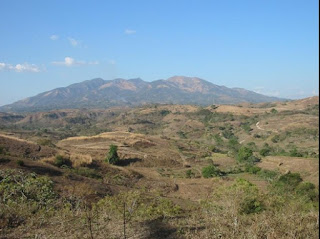Blogs by friends
I've been privileged to meet a number of commited young people from the US, who have relocated to El Salvador to serve in various ways. Some of them also write compellingly about their experiences. Danielle recently wrote: A friend tells of a recent experience leading a workshop for children in inner-city San Salvador. The children were asked to draw pictures of what they like about their community, and what they don't like. My friend asked a nine year old girl what she planned to draw for “dislike.” She replied in a soft voice: “I don't like that they kill people.” There are implications for this in a child's life. One: living in entrenched violence, you cannot leave the house after sunset. How many times has she seen the stars?... ( Read more ) Nick explored some of the theology which flourishes in the reality of El Salvador: The preference to serve the poor and the outcasts lies at the heart of liberation theology, which has long found its fertile ground in Central...
